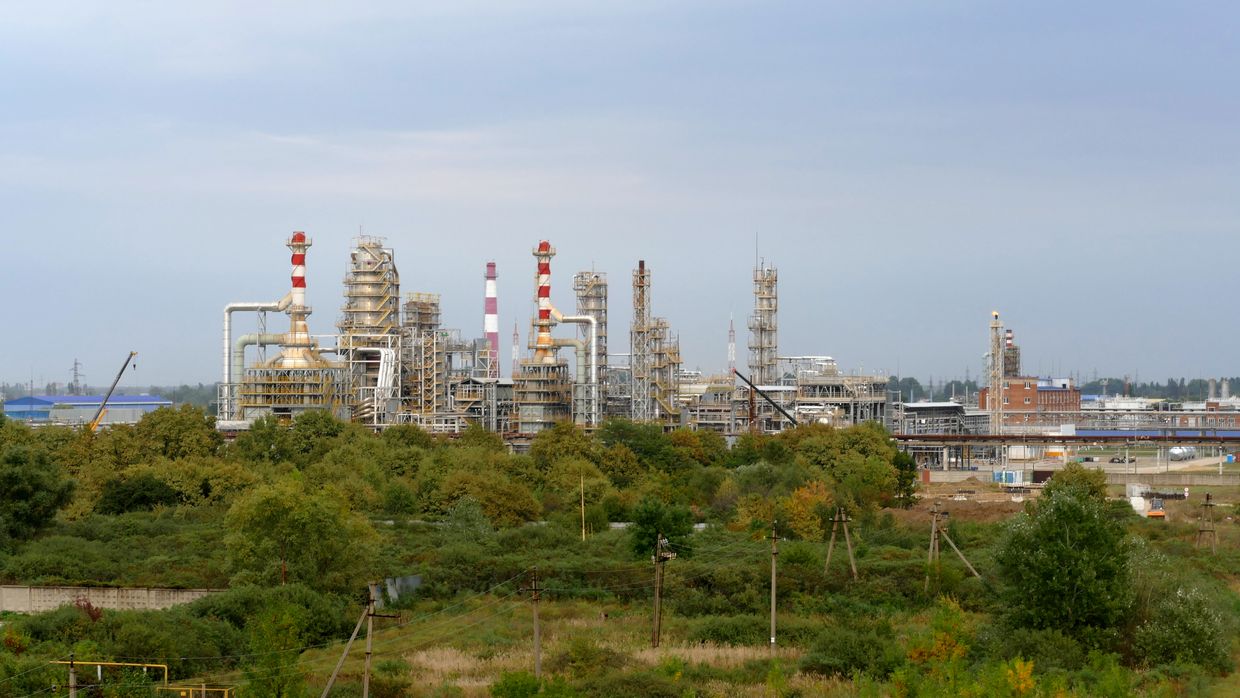Ukraine's DeepStrike campaign 'significantly' crippling Russian military logistics as fuel crisis worsens, Syrskyi says

Kyiv's strikes on Russia's oil sector have severely disrupted fuel supplies and logistics for Moscow's armed forces, Ukraine's Commander-in-Chief Oleksandr Syrskyi said on Sept. 25.
"The capabilities of the enemy's military-industrial complex have been significantly reduced; we can see this on the battlefield," he said at a meeting with journalists attended by the Kyiv Independent.
The commander credited Ukraine's DeepStrike campaign, a wave of drone strikes, with creating a fuel crisis in Russia that is directly hampering its operational activity and supply lines.
"This is a fuel crisis in Russia, which directly affects logistics and the supply of its army," Syrskyi said.
The commander gave a snapshot of the campaign's scale and effect. In less than two months, Ukrainian forces have struck 85 high-value targets on Russian soil, according to the him.
These include 33 military sites, such as bases, warehouses, airfields, and aircraft on the ground, as well as 52 military-industrial facilities producing weapons, ammunition, fuel, and drones.
"The effectiveness of DeepStrike has been confirmed not only by us, but also appreciated by our partners," he added. "That's why we continue to build and scale the units that carry out DeepStrike."
The statement comes after a concentrated series of drone attacks on refineries and terminals across southern and central Russia in August and September, which analysts say have cut refining output.
Disrupting fuel exports and refining capacity also strikes at the Kremlin's war economy.
Russian pro-government media outlet Kommersant reported on Sept. 24 that around 50% of gas stations in occupied Crimea and Sevastopol have stopped selling gasoline due to fuel supply disruptions.
The Kremlin authorities plan to extend the ban on gasoline exports and have introduced a ban on diesel exports for non-producers, Russian Deputy Prime Minister Aleksandr Novak said on Sept. 25.
Drones remain central to the campaign. President Volodymyr Zelensky said Ukraine has the capacity to produce up to 8 million drones annually but lacks the financing to reach that level.
The commander said Ukraine will continue to refine the balance between tactical battlefield gains and strategic pressure on Russia's supply and revenue networks.












